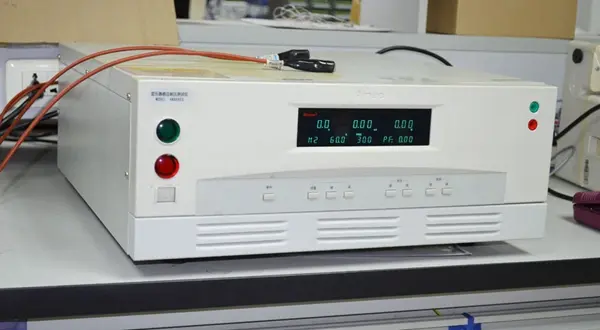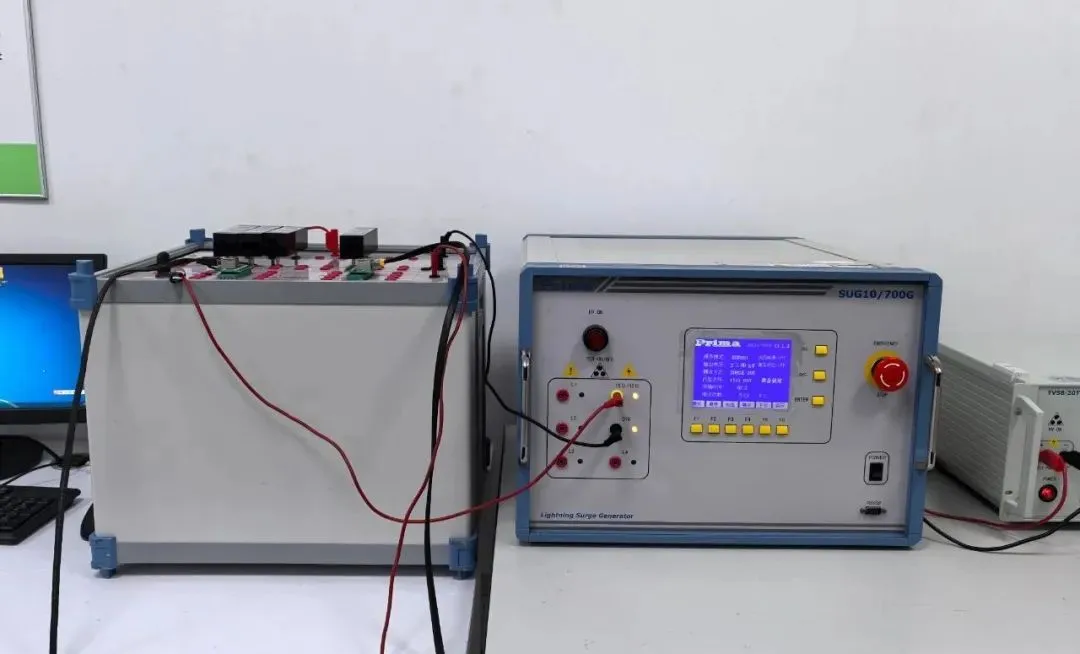
FDA 510K Registration and Certification for Electric Wheelchairs
In recent years, the number of electric wheelchairs and electric scooters exported to the United States has been steadily increasing, with China accounting for more than 50% of these exports, making it a major supplier to the U.S. market. It is expected that electric wheelchairs and scooters will continue to experience high growth in the future. Many manufacturers of electric wheelchairs and scooters are applying for FDA 510K registration to obtain a K number.
Electric wheelchairs (code: ITI) and electric scooters (code: INI) are classified as Class II medical devices by the FDA. To enter the U.S. market, manufacturers need to submit a 510K document to the FDA and undergo a technical review. The FDA's 510K principle is to demonstrate that the medical device being submitted is substantially equivalent to a legally marketed device in the U.S.
Many of our manufacturer friends have a general understanding of the 510K application process and know that they need professional consULting services and specialized third-party laboratories for testing. However, consulting firms and testing laboratories often operate independently, leading to low efficiency in dealing with the FDA. When facing corrective actions for non-compliances, different interpretations can cause delays, significantly obstructing manufacturers' plans to quickly and smoothly obtain the K number. The certification process usually takes over a year, greatly affecting the product's market launch timeline.
The specialized testing for these products is crucial in the 510K application process. The FDA's official database shows that electric wheelchairs and scooters must comply with numerous standards, including the complete series of ISO 7176 standards. Additionally, there are extra requirements, such as higher EMC standards and material biocompatibility requirements.
Testing for Electric Wheelchairs/Scooters to U.S. Standards
- Mechanical and Physical Performance testing
- ISO 7176 series standard testing
- ISO 7176-21
- Electromagnetic Compatibility Testing
- EN 60601-1-2:2020
- EN 61010-4-2
- 5G compatibility testing
- Security gate interference testing
- biocompatibility testing (Extraction ratio based on surface area, 50 degrees for 72 hours)
- iso 10993-5 Cytotoxicity
- iso 10993-10 Sensitization
- iso 10993-23 Skin irritation and intracutaneous reactivity
Key Challenges:
1. Professional interpretation of comprehensive standards for mechanical and physical performance testing, as well as developing and implementing testing schemes for multiple models.
2. After December 2023, the iec 60601-1-2:2014 version will no longer be recognized. During project reviews, we have been asked to re-test active devices according to IEC 60601-1-2:2020, Chapter 8 or Section 8.11 (interference testing in the frequency range of 9KHz-1356MHz).
3. For 5G and WPT testing of electric wheelchairs, the FDA requires testing according to the ANSI C63.18-2014 standard.
4. The requirements for biocompatibility test reports are very stringent, and many manufacturers encounter difficulties at this stage. Issues include the choice between separate and mixed testing, extraction temperature and time, sample ratios for mixed testing, and how to calculate the extraction liquid to surface area ratio. Developing a complete plan from the start is crucial to overcoming these challenges.
China JJR Laboratory, an IEC 17025 and GLP authorized laboratory, provides FDA certification registration and testing services for electric wheelchairs entering the U.S. market. Located in China, we can save you 20% on certification costs.
Email:hello@jjrlab.com
Write your message here and send it to us
 Global Certification Guide for Lithium Batteries
Global Certification Guide for Lithium Batteries
 Compliance of Amazon 18650 Lithium Battery Product
Compliance of Amazon 18650 Lithium Battery Product
 What is CE Certification and EU Authorized Represe
What is CE Certification and EU Authorized Represe
 What Are the Lithium Battery Safety Tests?
What Are the Lithium Battery Safety Tests?
 What is the EN 61326-2-3 Standard?
What is the EN 61326-2-3 Standard?
 Why Do Smart Sockets Need IEC 60884 Certification?
Why Do Smart Sockets Need IEC 60884 Certification?
 Why Retest the Device if the 5G Module Already Has
Why Retest the Device if the 5G Module Already Has
 Overview of IEC 62087 Test Standard
Overview of IEC 62087 Test Standard
Leave us a message
24-hour online customer service at any time to respond, so that you worry!




